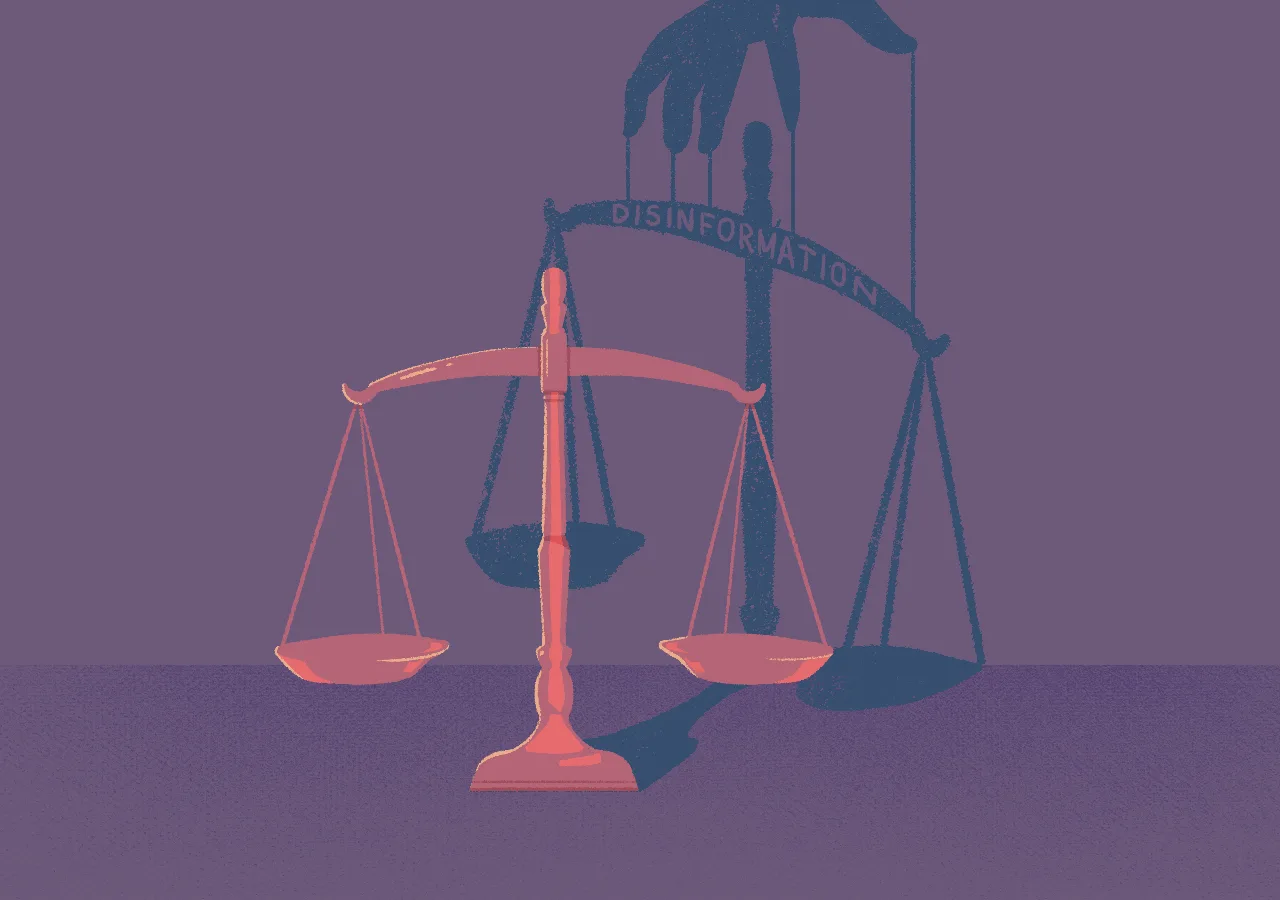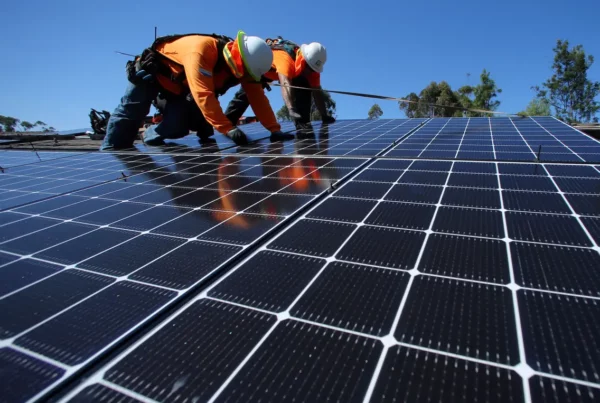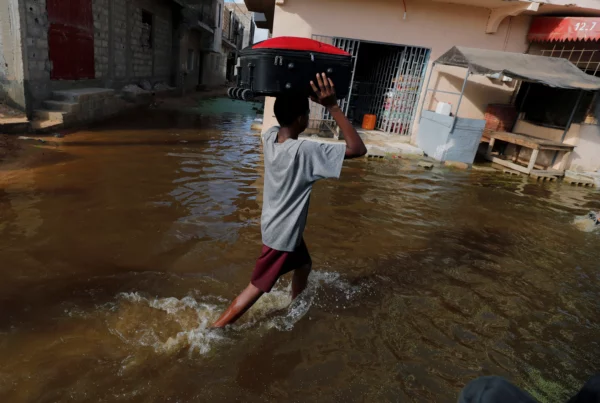The rampant spread of climate disinformation and misinformation is one of the biggest threats to climate action. It raises doubts about the human causes of climate change and the credibility of science — diluting the need for rapid action.
Researchers found a substantial rise in disinformation during COP26 in Glasgow last year. There are concerns that a continued spread during November’s COP27 in Sharm El-Sheikh will further fuel divisions and thwart progress toward the net zero transition.
What is climate disinformation?
Climate disinformation and misinformation refer to deceptive content that undermines the existence of the climate crisis, its impacts, the human causes of it and the urgent need for action, according to Climate Action Against Disinformation (CAAD).
It can involve misrepresentations or omissions of scientific data. It can also include false claims of efforts to support climate change goals, which in reality contradict scientific consensus. It is often shared through social media platforms and search engines, and tailored to users through algorithms.
The impact of climate disinformation on vulnerable and African countries
At a time when populations increasingly base their opinions on algorithm-curated content, climate disinformation and misinformation pose a major threat to climate goals. Global Witness studied a climate-sceptic user’s Facebook experience. It found that the algorithm quickly recommended pages suggesting that climate change is a hoax, rising temperatures are natural, scientific models are inaccurate and mitigation solutions won’t work.
Ultimately, the spread of such disinformation and misinformation is delaying climate action. This is even as the climate crisis impacts the economic security, health and livelihoods of people around the world. The most impacted countries, including in Africa, suffer the worst from climate disinformation. This is even when they experience the effects of climate change on their lives.
Why should climate disinformation be addressed at COP27?
COP26 saw an increase in climate disinformation. For example, climate solutions like renewable energy and transport electrification were targeted. The doubts this raises spill into domestic policy stances, causing backsliding even in countries showing ambition.
COP27 will highlight the urgent need to prioritise climate action to tackle the broader economic crisis. It will help the least developed countries adapt and build resilience to extreme weather, cut reliance on volatile fossil fuel imports, and improve food and water security. The more disinformation spreads during COP27 – particularly in Africa and vulnerable regions – the harder it will be for the summit to galvanise action.
What does the science say about disinformation?
For the first time, the UN’s panel of climate scientists pointed the finger at the role of disinformation in delaying action in February. The report criticised the “vested economic and political interests” that have “generated rhetoric and misinformation that undermines climate science and disregards risk and urgency”. The result is “public misperception” of the risks and polarised support for action. Furthermore, some media amplifies messages unsupported by science. Climate contrarians should not be given equal weight in coverage, the report said.
Research published in Nature also found disinformation impacts climate literacy and drives people to reject accurate information and distrust scientists. The majority of this false content comes from a very small group. Just 10 Facebook accounts are responsible for nearly 70% of the site’s disinformation traffic, according to the Center for Countering Digital Hate.
The fightback against climate disinformation
Big tech companies are under pressure to police the spread of climate disinformation and misinformation. Governments are also looking at ways to regulate it. However, change is slow.
In October 2021, Google prohibited advertisements for climate denial, including those that monetise from it. However, campaigners are calling on the tech giant to include greenwashing and cherry-picking in its definition of climate disinformation.
During last year’s COP26 summit, more than 250 high-level actors backed a universal definition of climate disinformation. They signed an open letter to technology platform CEOs, the UK’s COP26 presidency and the UN Climate Change secretariat. The letter asked for policies and enforcement similar to controls over COVID-19 information during the pandemic.
Recommendations for governments
However, research released by CAAD this year found that social media platforms are not effective in tackling climate disinformation. The report sets out key policy recommendations for governments, which include:
- Adopting a universal definition for climate disinformation
- Addressing policy loopholes that allow disinformation to spread
- Improving data access and transparency to quantify trends
- Regulating misleading advocacy in advertising related to fossil fuels
- Enabling image-based searches to track viral videos, memes and images
Related Articles
Advancing Renewable Energy And Sustainable Development Together At COP27
COP27: Spurring A Rapid And Just Fossil Fuel Phase Out
2 weeks to COP27, 5 things to Know
Africa’s COP27: Delivering Action In A time of Crisis
COP 27 preparations ramping up
COP27, a chance to drive African Adaptation, Resilience and Development





